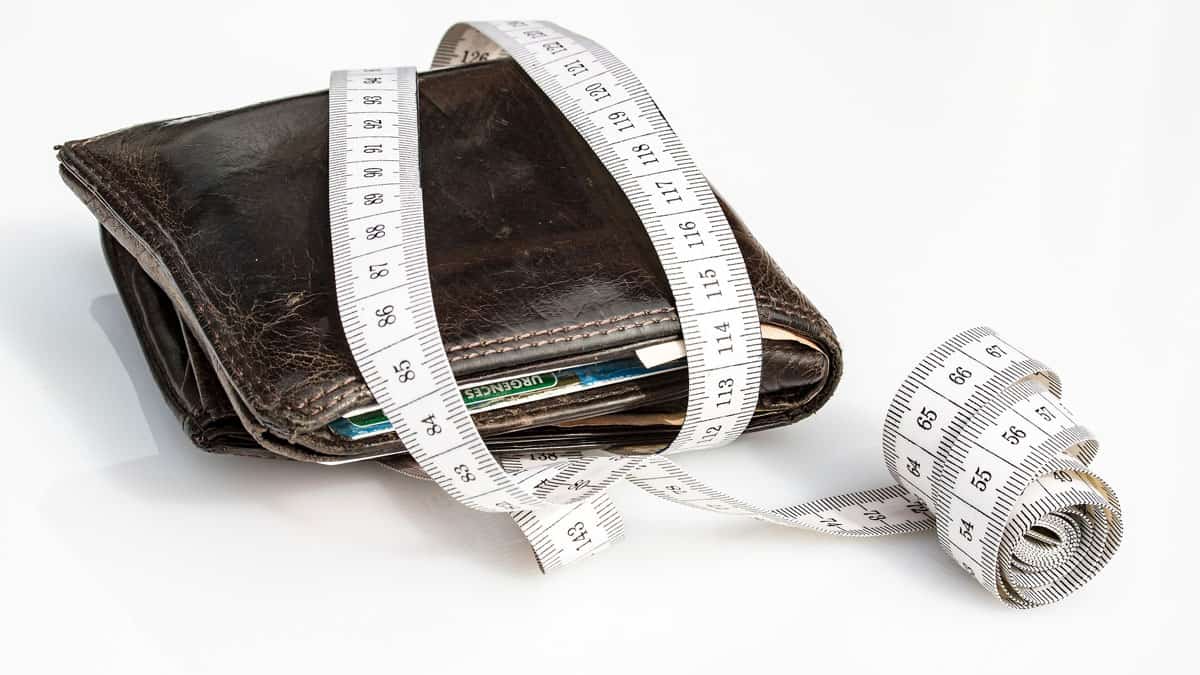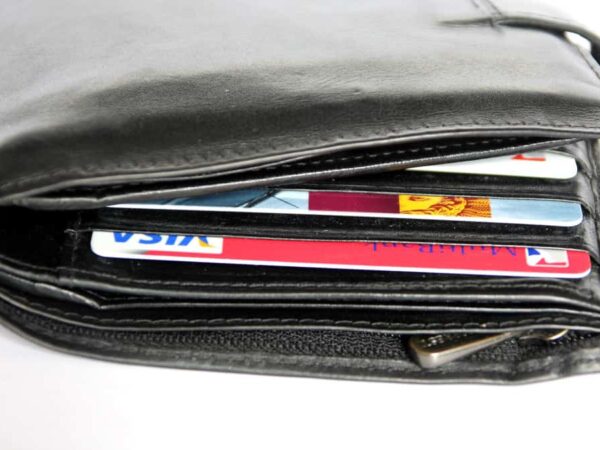Keeping Good Credit While Taking on Debt
How to maintain a good credit score while simultaneously taking on business debt. It’s all about knowing how to strike the right financial balance.

The word “debt” has a strongly negative connotation for many of us. Financial experts concur that debt gets a bad rap – the reality is that not all debt is bad. In fact, a certain amount of the right kind of debt can even boost your credit rating! Managing good credit while taking on debt is a balancing act – here’s how to get it done.
1. Never Miss A Payment
The single most important part of maintaining good credit while taking on debt is making all of your payments. Always pay on time and in full. Missing payments is going to crash your score quickly, so make sure that you can comfortably cover the payments for whatever debt you’re taking on. Your payment history is a big part of your credit score – stay on track and your score will rise, but miss a payment or two and it will drop quickly.
2. Borrow the Right Amount
In addition to payment history, your overall debt level is a major component of your credit score. Credit bureaus will compare your overall debt level to your income and assets. If your debts are larger than your assets or your payments are bigger than your income, that’s going to hurt your score – you can’t comfortably take on more debt and that makes you a higher credit risk.
This takes some number crunching. You’re borrowing money for a reason, whether it’s new equipment or to fund an expansion or remodel your store. You have to borrow enough to get the job done but you also need to make sure your overall debt levels are comfortable. In some cases, you may find that you need to wait and pay down some other debt before you take on more. It’s not just about being able to make the payments; it’s about the overall ratio and how it affects your credit score.
3. Be Strategic About Your Debt
Different kinds of debt have different ramifications for your credit score. Taking on a ton of credit card debt, which comes with a very high-interest rate, is going to affect your score differently than a bank loan for the same amount. Remember that your credit score is designed to reflect the likelihood that you’ll repay loans. A structured loan for a set amount is easier to keep up with than credit card debt that may continue to grow and stick you with a ton of interest. Before you take on debt, shop around and make sure you’re getting the best possible terms.
4. Take Advantage of Support Resources
Choosing the right kind and amount of debt is a balancing act and the right level will vary from industry to industry and business to business. There’s no magic formula! So, consider working with an organization like the SBA to learn about your options and make sure you have the financial implications nailed down. They offer educational resources to help you understand how to take on debt, what the relevant terms mean, and how to decide what fits your business needs best.
5. Watch Your Score
Keeping tabs on your credit score is always important, but it’s especially crucial when you’re managing debt or obligations. You need to know what your credit report looks like before you start trying to take on debt in case you need to do some work to improve your score and so you can see how the credit bureaus are rating your current financial situation. You’ll also need to monitor it regularly as you make payments to ensure that you’re getting credit for all of your payments and that there aren’t any errors on the report.
Individuals are entitled to one free copy of their credit report every year from each of the three credit bureaus (Equifax, Experian, and TransUnion). You’ll have to pay a fee to see your business credit report.
Debt Isn’t A Four-Letter Word
Having debt isn’t going to tank your credit score automatically. In fact, the way you handle debt is where your score comes from in the first place. The trick is borrowing thoughtfully and repaying faithfully. Borrow within your means and pay on time and in full.




